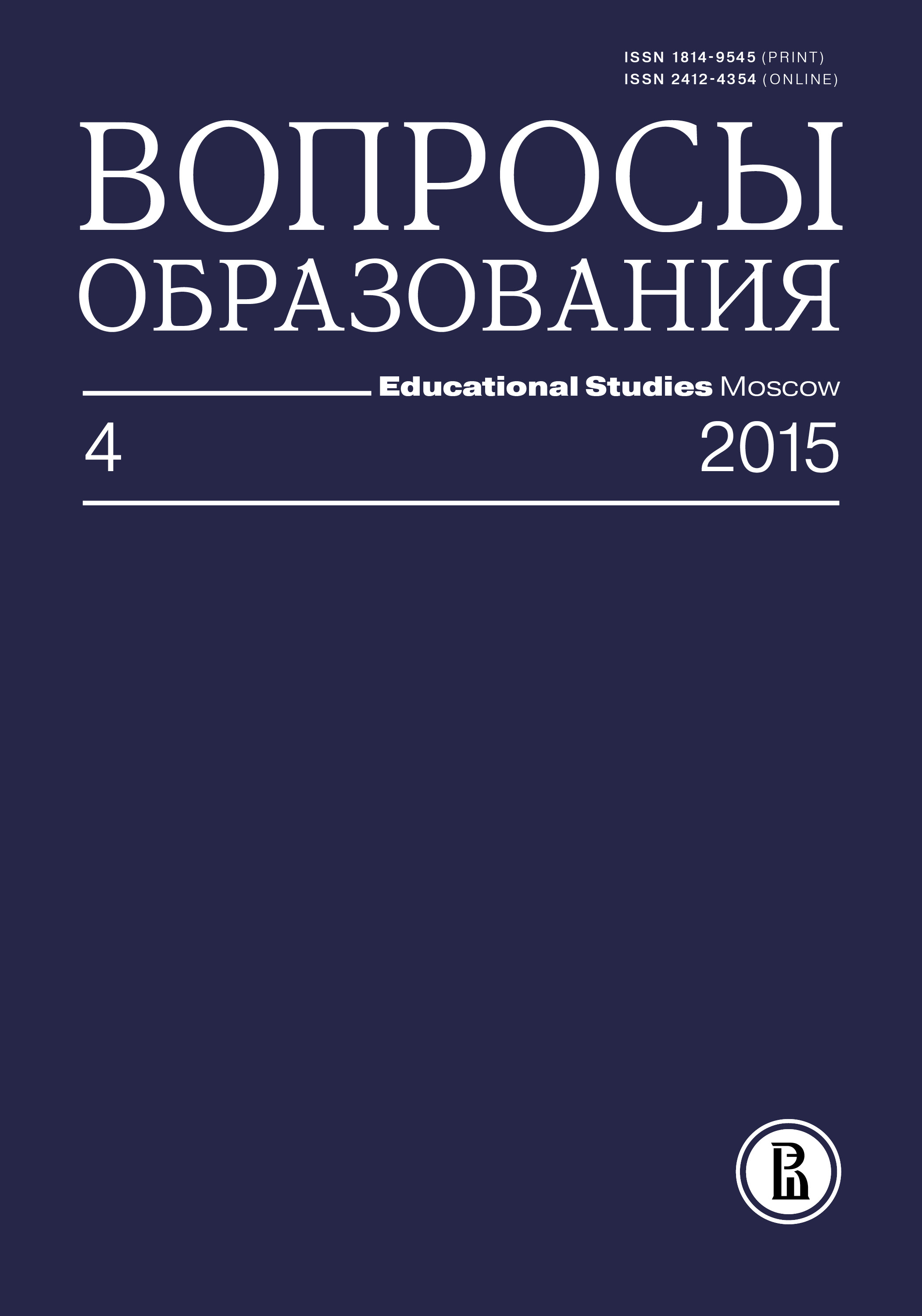Научное руководство в образовании по модели свободных искусств и наук
Аннотация
Научное руководство в рамках образования по модели свободных искусств и наук (Liberal arts, LA) определяется как практика руководства интеллектуальным развитием учащихся колледжей и выбором ими учебных дисциплин. Автор выдвигает и отстаивает три основных тезиса, определяющих роль научного руководства в формировании у студентов критического мышления и гражданственности — тех самых свойств личности, развитие которых является целью LA как важного катализатора социальных и политических изменений. Первый тезис: научное руководство критически важно для успеха LA, так что если оно даже не является составной частью этой модели, оно необходимо для ее реализации. Второй тезис: научное руководство является составной частью концепции LA ввиду той роли, которую оно играет в педагогике, ориентированной на учащегося, — краеугольном камне концепции LA. Третий тезис: ориентированная на учащегося педагогика не ограничивается пределами аудиторных занятий, она включает внеаудиторную и дополнительную деятельность, и концепция L A должна быть переосмыслена с учетом этих представлений. Эти тезисы, по мнению автора, составляют серьезный вызов концепции образования по модели свободных искусств и наук как она сформулирована Д. Беккером в статье «Образование по системе свободных искусств и наук: ответ на вызовы XXI в.» 1, а также убеждениям специалистов, оспитанных в гумбольдтовской/европейской традиции.








